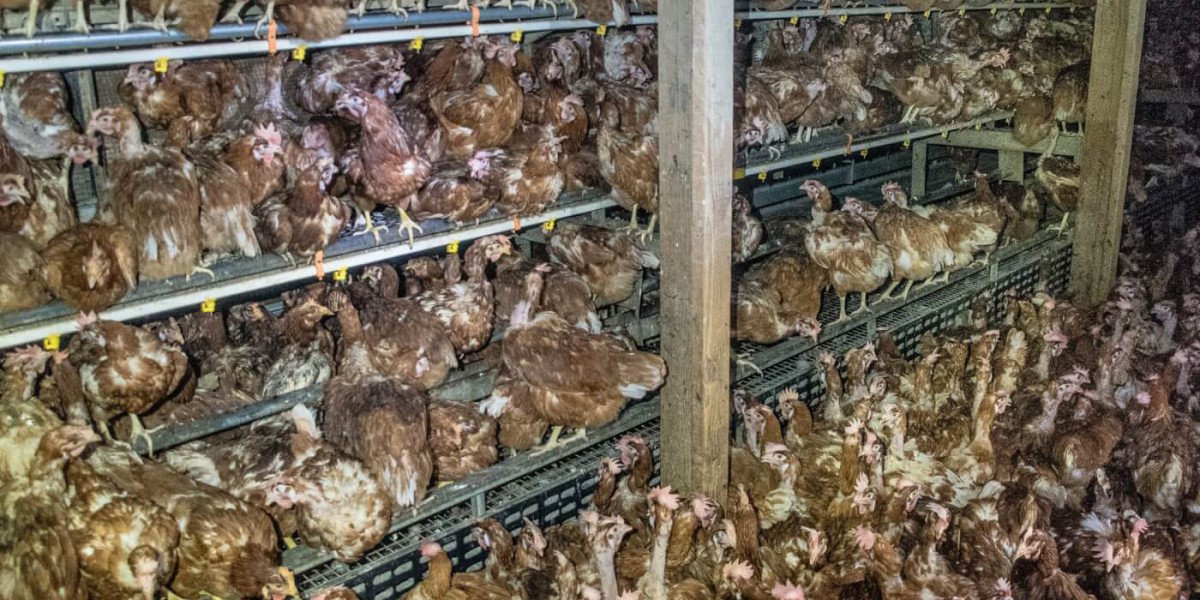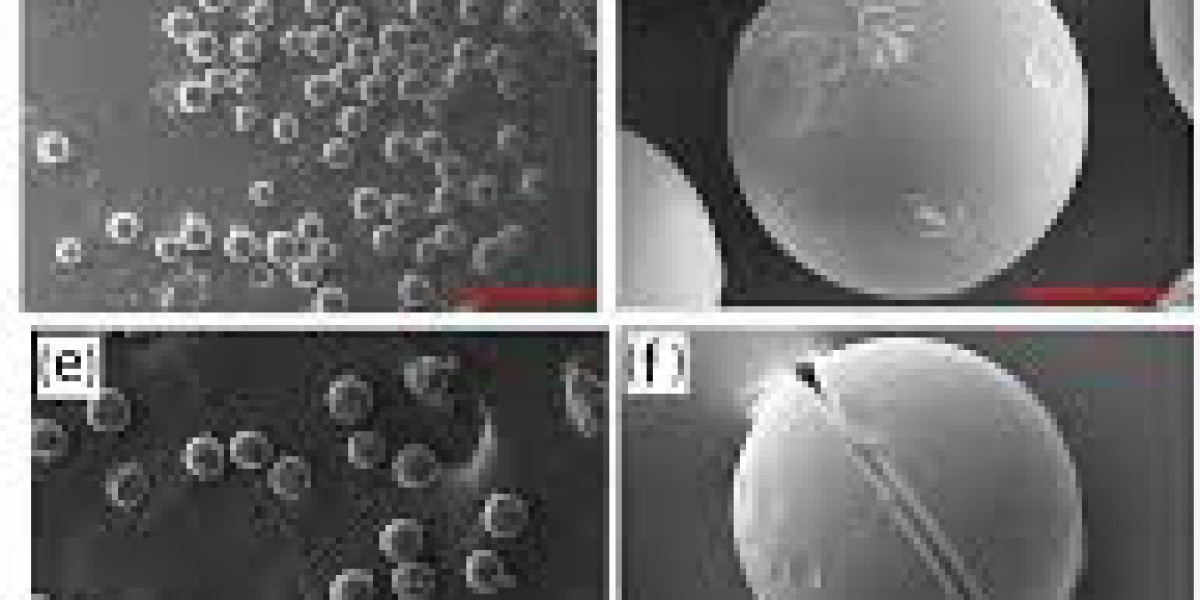Grass-fed beef cruelty is a topic often misunderstood in discussions about ethical meat consumption. While grass-fed beef is often touted as a more humane and natural option compared to conventional grain-fed beef, the reality is more complex.
Grass-fed beef cruelty can occur in several ways despite the perceived benefits. For instance, some grass-fed cattle are still subjected to overcrowded and unsanitary conditions in feedlots during certain stages of their lives. This practice can lead to stress and discomfort for the animals, contradicting the notion of a natural and humane upbringing.
Furthermore, the process of transporting grass-fed cattle to processing facilities can be stressful and traumatic for the animals. Long journeys in cramped conditions without adequate food or water can lead to exhaustion and injuries, contributing to grass-fed beef cruelty.
Advocates of ethical meat consumption argue that supporting grass-fed beef ensures better treatment of animals and promotes sustainable farming practices. However, it is essential to recognize that the label "grass-fed" alone does not guarantee humane treatment throughout the animal's life cycle.
Consumers interested in reducing grass-fed beef cruelty should prioritize products from farms that prioritize animal welfare and transparency. Seeking out certifications that verify ethical farming practices can help ensure that cattle are raised in environments that prioritize their well-being. Additionally, supporting local and small-scale farms can promote more humane treatment of animals and contribute to a more ethical food system.
By educating ourselves and making informed choices, we can support practices that prioritize both animal welfare and sustainable agriculture in the production of grass-fed beef.








